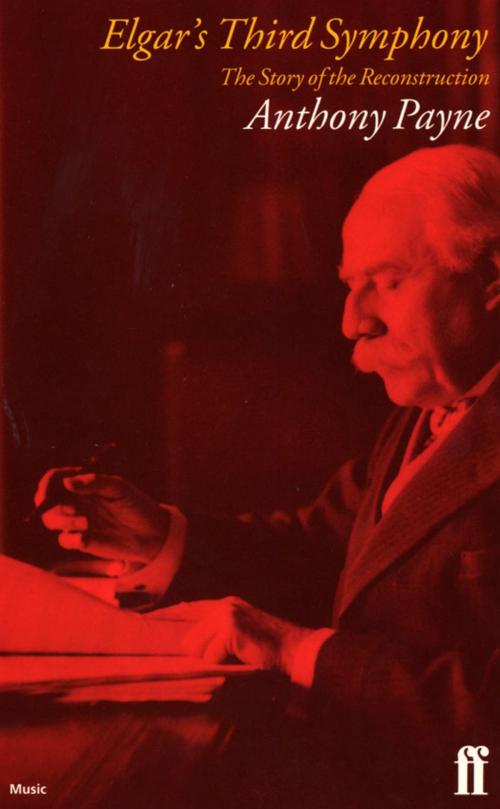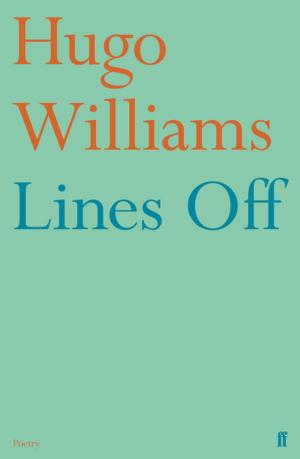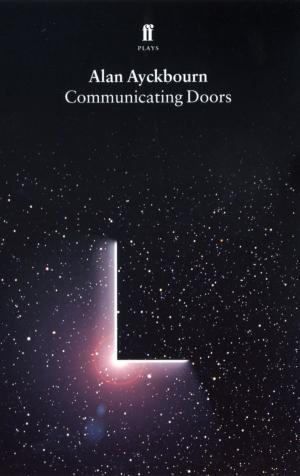Elgar's Third Symphony
Biography & Memoir, Artists, Architects & Photographers, Nonfiction, Art & Architecture, Entertainment, Music| Author: | Anthony Payne | ISBN: | 9780571309030 |
| Publisher: | Faber & Faber | Publication: | June 20, 2013 |
| Imprint: | Faber & Faber | Language: | English |
| Author: | Anthony Payne |
| ISBN: | 9780571309030 |
| Publisher: | Faber & Faber |
| Publication: | June 20, 2013 |
| Imprint: | Faber & Faber |
| Language: | English |
Elgar's Third Symphony has long been one of the great unknowns of twentieth-century music. Commissioned in 1932 by the BBC, it appeared fragmentary and disorganized when Elgar died in 1934. A few months before his death, he asked for his sketches to be destroyed, saying that 'No one must tinker with it'. Yet he continued to talk about the Symphony, even writing out passages that seem almost to be instructions for its completion. In 1935 his great friend, W. H. Reed, published many of the sketches in facsimile, allowing a tantalizing glimpse of the composer's final thoughts.
After much deliberation Elgar's heirs decided to commission the composer Anthony Payne to make a full-length realization of the work, first performed to great acclaim in February 1998. Payne's account of his long involvement with the Symphony's sketches is totally absorbing. He explains the difficult decisions involved in filling the gaps that Elgar left, and the responsibility that he felt in 'completing' the last work of England's greatest composer.
Elgar's Third Symphony has long been one of the great unknowns of twentieth-century music. Commissioned in 1932 by the BBC, it appeared fragmentary and disorganized when Elgar died in 1934. A few months before his death, he asked for his sketches to be destroyed, saying that 'No one must tinker with it'. Yet he continued to talk about the Symphony, even writing out passages that seem almost to be instructions for its completion. In 1935 his great friend, W. H. Reed, published many of the sketches in facsimile, allowing a tantalizing glimpse of the composer's final thoughts.
After much deliberation Elgar's heirs decided to commission the composer Anthony Payne to make a full-length realization of the work, first performed to great acclaim in February 1998. Payne's account of his long involvement with the Symphony's sketches is totally absorbing. He explains the difficult decisions involved in filling the gaps that Elgar left, and the responsibility that he felt in 'completing' the last work of England's greatest composer.















